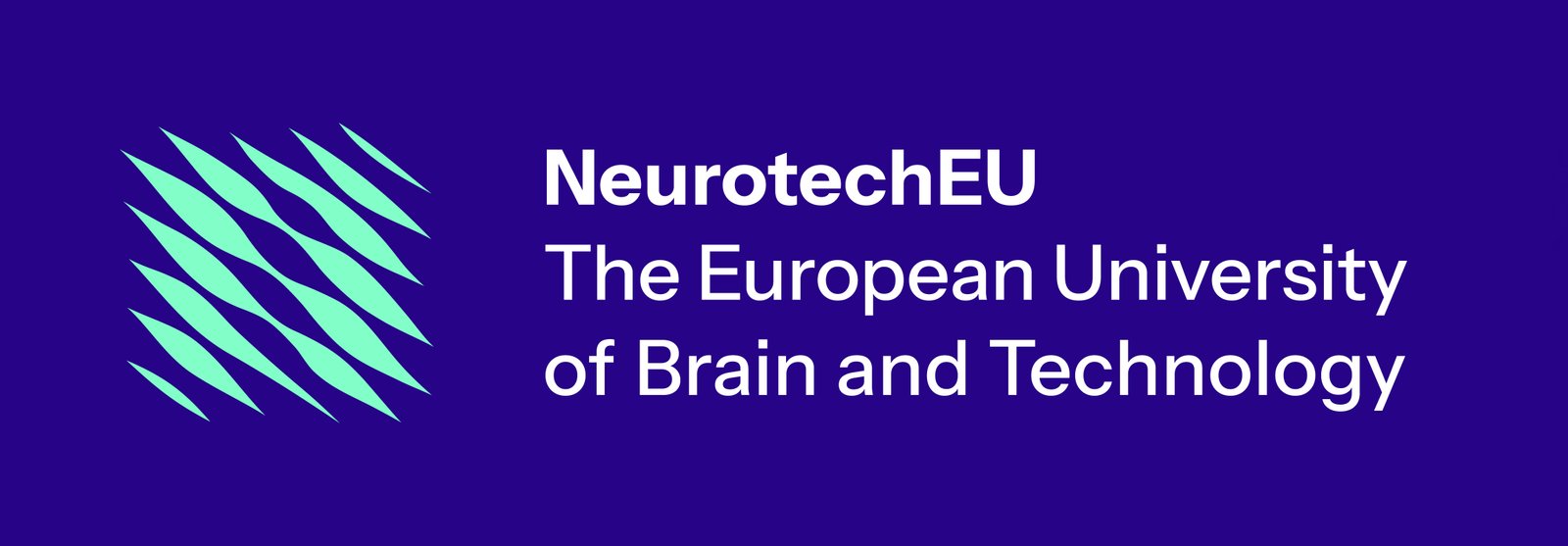A Strategic Roadmap for NeurotechEU: Building Bridges Between Academia, Industry, and Society
This annual meeting reaffirmed the alliance’s ambition to connect education, research, and policy with regional and industrial ecosystems, showcasing NeurotechEU as an ecosystem for innovation and knowledge transfer.
From 25 to 28 September 2025, the Neuroinnovation Summit in Bodrum, Turkey, gathered the members of the NeurotechEU alliance for four days of collaboration. Academic leaders, regional representatives, and industry partners joined forces to advance a shared strategic roadmap for responsible neuro-innovation in Europe.
This annual meeting reaffirmed the alliance’s ambition to connect education, research, and policy with regional and industrial ecosystems, showcasing NeurotechEU as an ecosystem for innovation and knowledge transfer.
Creating synergies between NeurotechEU and the industry through contribution and collaboration
Among the Summit’s central discussions was the consolidation of NeurotechEU’s collaborative ecosystem : the structures that enable continuous exchange between academic institutions, industry and society through dedicated platforms supporting knowledge transfer, capacity building, and joint innovation.
NEURICOO serves as NeurotechEU’s primary interface for collaboration facilitating matchmaking between researchers, companies, and clusters, offering an overview of available expertise, infrastructures, and partnership models. Also accessible through Campus+, the alliance’s shared digital environment for education and professional development, NEURICOO currently connects 38 institutional and industrial members across Europe.
As Associate Professor Daniela Schulz from Boğaziçi University’s Institute of Biomedical Engineering noted, “the purpose is larger than your own lab.” Her words encapsulate the alliance’s collective mindset: neuro-innovation achieves its full potential when disciplines, institutions, and industries converge in pursuit of shared goals.
From Research to Regional and Industrial Impact
This collaborative spirit was reflected throughout the Summit’s sessions, which showcased concrete examples of research translation into industrial and regional contexts. Partners from technology clusters, universities, and regional agencies presented how neurotechnology contributes to economic growth, health technologies, and smart specialisation strategies.
Discussions emphasized how aligning regional development frameworks with academic and industrial expertise strengthens Europe’s innovation capacity. The initiatives presented derived from AI-driven systems and neurorehabilitation devices to entrepreneurship training and test centres, all demonstrated how knowledge exchange can generate measurable societal and economic outcomes.
Building on these examples, partners were invited to share their experiences and success stories through the NEURICOO portal, now accessible via the NeurotechEU website. Its searchable directory and “submit a partner” function make expertise across the alliance visible and actionable. A forthcoming series of interviews with associated partners will examine how collective effort, transparency, and cross-sector cooperation are shaping a more integrated European landscape for neuro-innovation.
Towards Deeper Collaboration
The Bodrum Summit confirmed that NeurotechEU is not solely an academic initiative but a strategic alliance anchored in cooperation and mutual trust. The event allowed the community to examine how the alliance can become even more open to industrial and societal collaboration, how to amplify the visibility of existing projects, and how to translate research achievements into solutions addressing societal needs.
Looking ahead, NeurotechEU will continue to strengthen its cross-sectoral network, broaden participation in its digital platforms, and consolidate its position within Europe’s innovation landscape. The conversations initiated during the Neuroinnovation summit of 2025 represent a turning point for neuro-innovation, evaluated not only by scientific achievements but also by the partnerships that support them.
